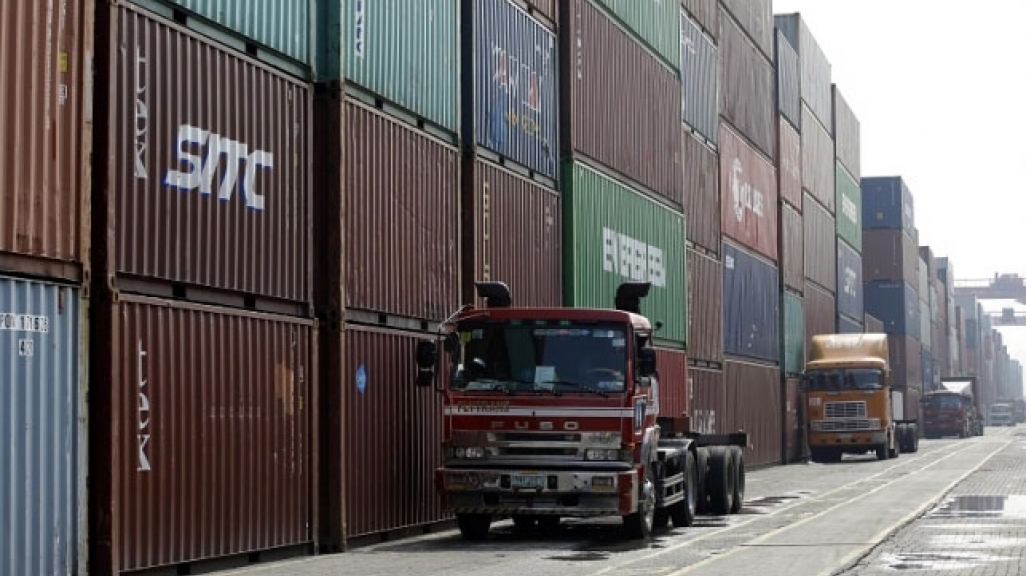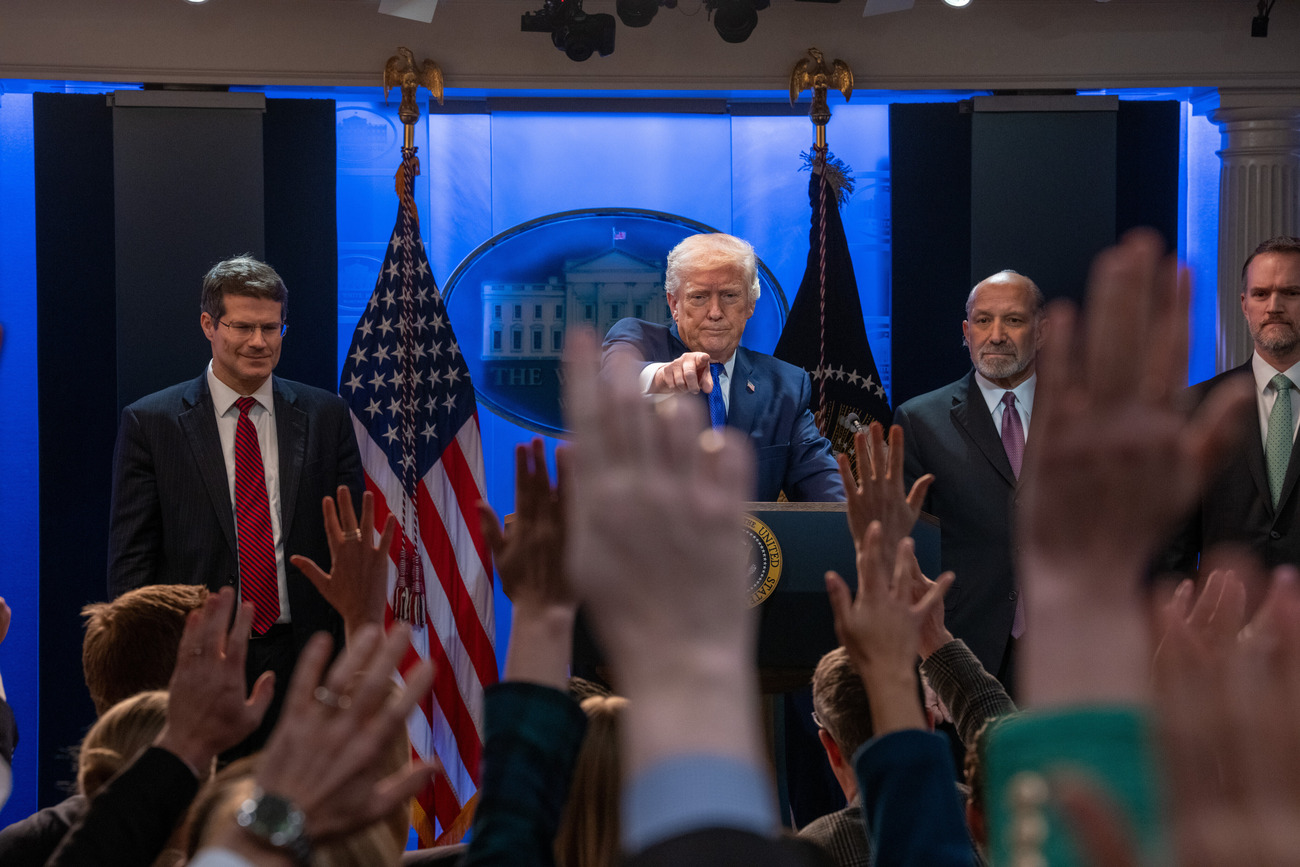Why Trade Should Be Core to Trump's Pro-Growth Economic Policy
Why Trade Should Be Core to Trump's Pro-Growth Economic Policy
The U.S. president's assault on trade is inconsistent with his business-friendly agenda, writes former Undersecretary of Commerce Stefan Selig.
President Donald Trump has sparked enthusiasm in markets and boardrooms around the United States with a set of policies aimed at supporting American businesses: reforming our tax code, easing burdensome regulations, and finally investing in the improvement of American infrastructure. But the assault on trade, fueled by campaign rhetoric on both sides that has not abated under the new administration, is inconsistent with the President’s business-friendly agenda. Stoking anti-globalization passions may have been politically expedient during an election year, but it is counterproductive when it comes to implementing policies that will drive our economic growth in the century ahead.
The administration’s actions on trade—including withdrawal from the Trans-Pacific Partnership (TPP), threats to renegotiate the North American Free Trade Agreement (NAFTA), considering tariffs on Mexican and Chinese imports, as well as a border adjustment tax—reflect the mistaken assumption that trade is a zero-sum game. The truth is that there is no path to robust, sustainable, inclusive economic growth that does not embrace global trade and investment. And with 95% of global consumers outside our borders, trade is fundamental to maintaining American competitiveness in a global marketplace...
Read the full article at Forbes.com.
Stefan M. Selig is a managing partner of BridgePark Advisors, a financial and strategic advisory firm. He served as U.S. undersecretary of commerce for international trade from 2014 to 2016.









